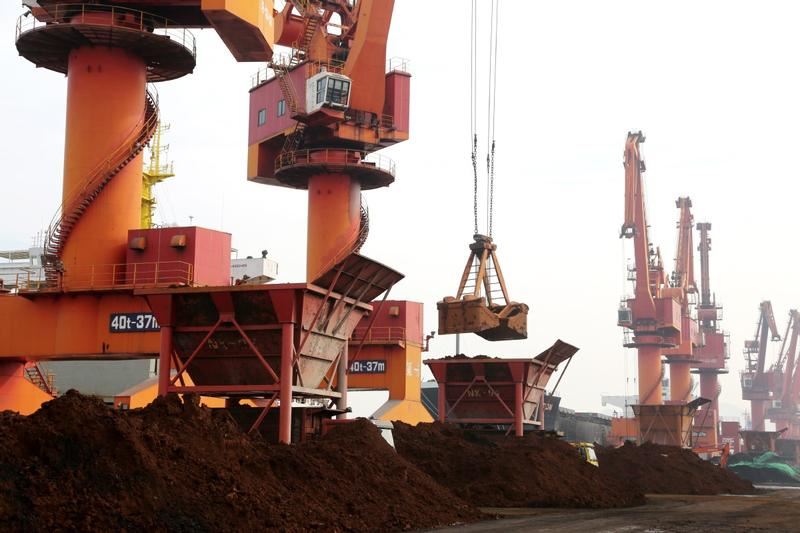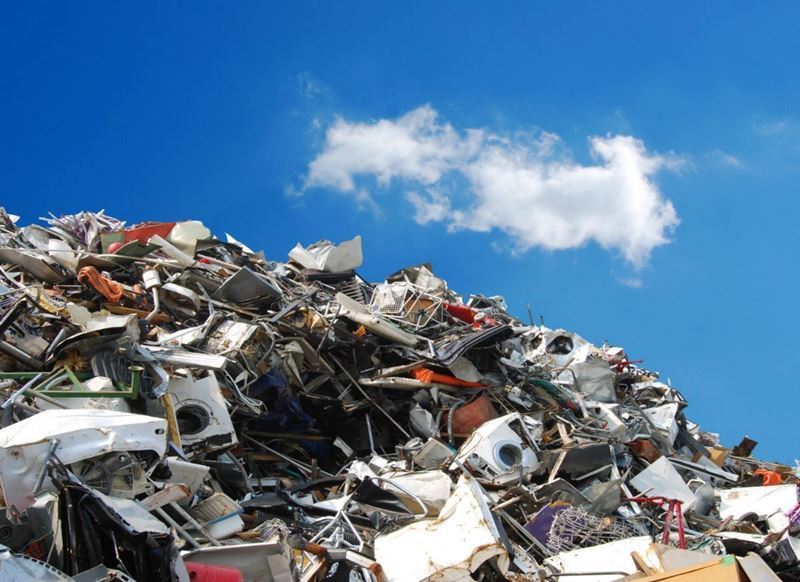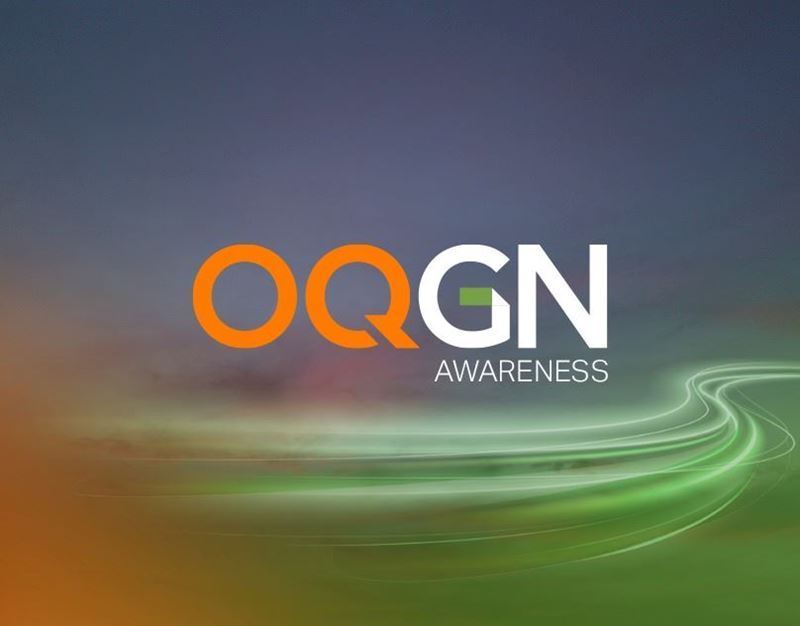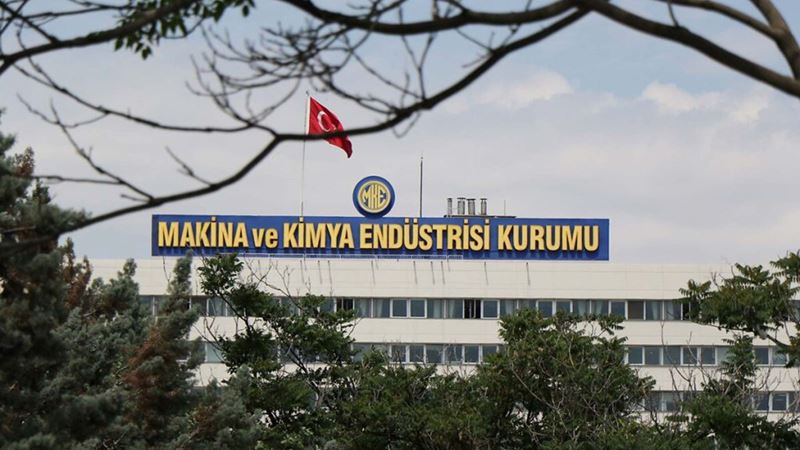China requires large quantities of steel and iron for industrial and infrastructure projects. However, China's iron ore is of low quality, which affects the quality of steel smelting. Therefore, China is forced to buy high-quality iron from elsewhere.
According to experts, the expected recovery in the real estate market will be supported by stability in other sectors. High demand, especially in the automobile and shipping sectors, could lead to increased imports of iron ore and coking coal, which in turn could affect iron ore prices.
The China Automobile Dealers Association forecasts that automobile sales will increase by around 28 million units. In addition, the World Steel Association forecasts that global steel consumption will reach 1.814 billion tons in 2023, with about half of this estimated to come from China.
Recent developments have caused iron ore prices to rise. As China's economic growth increases, so does the demand for iron ore. This leads to a rise in commodity prices.
China is the world's largest consumer of iron ore and imports 71% of its iron ore supply. Factors such as demand growth, dwindling inventories and environmental policies are among the factors affecting iron ore prices.
As a result, China's need for high quality iron ore for industrial and infrastructure projects is driving up iron ore prices. This situation affects China's iron ore imports and the mobility of the commodity market.









Comments
No comment yet.